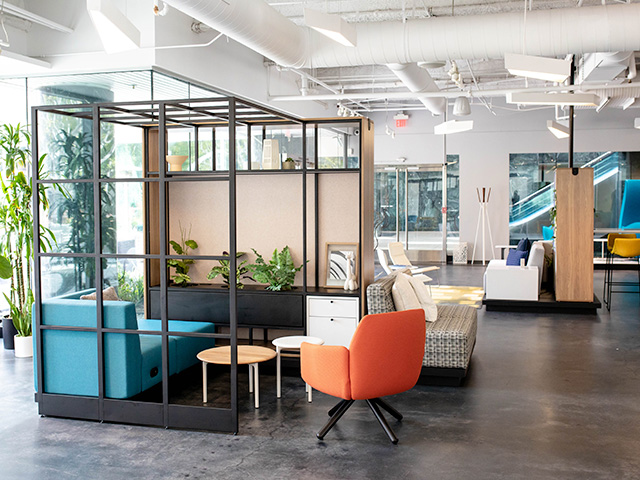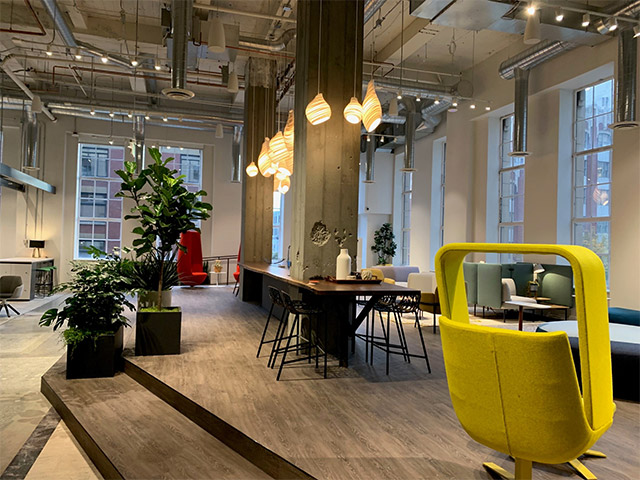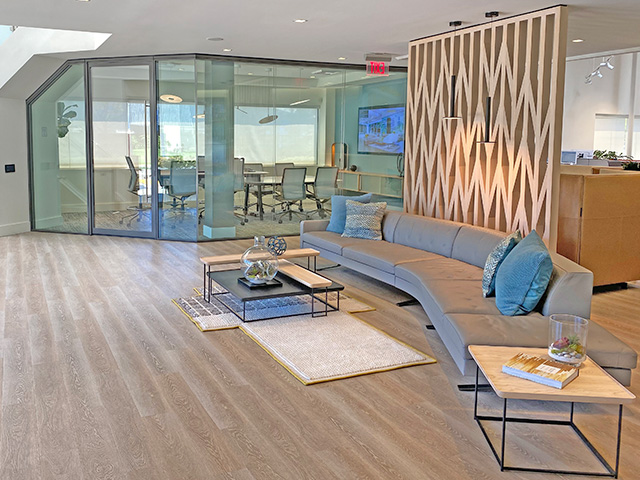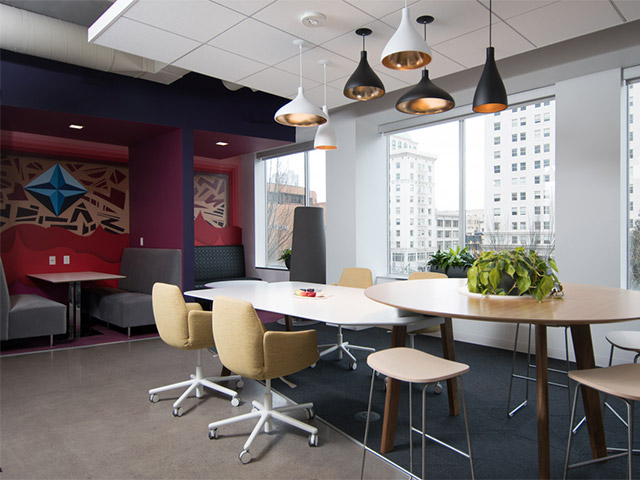Every company wants high rates of profit, happy customers, and a perfect product. But how do we get there? Let’s talk about finding the balance today.
Mindset Shift to an Employee-Centric Mentality
Most founders and business owners think they run their businesses, but in reality, that couldn’t be farther from the truth. While they may steer the ship, they aren’t the ones who keep it running.

Let’s dig into this a bit:
● Who listens and responds to the customers when they have a terrible experience?
● Who works on the projects to make the changes and improvements to the product?
● Who keeps the assembly line or the shop running each day?
The answer: Employees!
Does this mean the founder gets no credit? Absolutely not.
They are the captains of the ships. They set the long-term vision, mission, and strategy while steering the company through hard times. They make the hard and unpopular decisions that no one wants to make. They are essential.

Business 101: Resource Optimization
Let’s take a detour for a minute. Every business owner strives for the highest profit with the least cost. This is called “profit maximization”. You achieve this by resource optimization (getting the most out of your resources).
The smart choice would be to look at your most expensive resource and optimize that. By far, that is human resources. It’s not just about the salaries. Hiring humans are expensive! You must strive to give your employees suitable office space and furniture, paid leaves and medical insurance, a pension plan, and a bonus if obtainable.
Add all that together, and in many cases, this comes out to more than half of a company’s total expense.
Therefore, it’s a no-brainer to focus on your employees. As they say, “keep your internal customers happy, and they will keep the external customers satisfied”.

Employee Well-being: Not a One Size Fits All Solution
Humans are the most diverse beings on the planet. We have varying interests, a broad spectrum of circumstances, and different personalities. We each have different upbringings, and therefore, think differently. We value opposing things, and every day we deal with various challenges.
Given the above, it makes no sense to have an inflexible employee well-being approach. Employee well-being is an extensive topic that includes:
- Feeling physically and mentally safe at the office
- Feeling valued and appreciated
- Fair accommodations
- Preventing regular overtime
- Ensuring support is available as per individual needs
- Providing tools to empower them to do their best
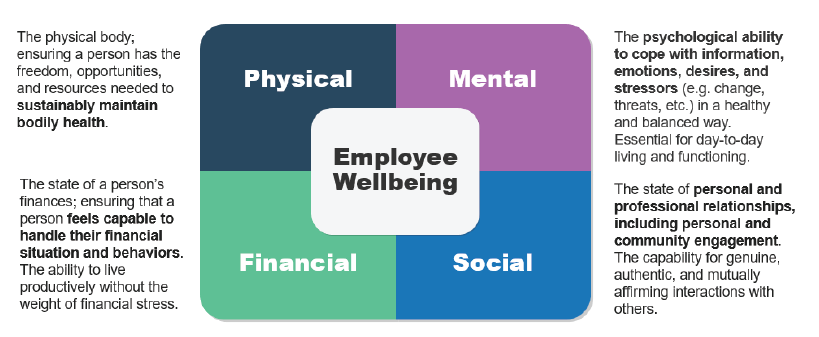
Feeling Physically and Mentally Safe at the Office
Workplace health and safety are now a top priority. After the pandemic, employees are sensitive to this topic. The rules don’t have to be set in stone, but workspaces must be ready to act at a moment’s notice. Whether your business model allows individuals to work from home, adopt a hybrid work schedule, or insists team members be back at the office full-time – employees need to feel secure when unforeseen circumstances arise in their environments.
Psychological safety is a critical differentiator in successful team performance and a foundational component for openness, creativity, and risk-taking. The challenge of leadership is how to foster that safety in their teams while also delivering on high and frequently increasing expectations.
So, what is psychological safety, and how can it be achieved? Essentially, it refers to an environment where employees feel secure enough to freely share their thoughts and ideas without worrying about potentially opening themselves up to adverse reactions.

One can provide this by utilizing the following techniques:
- Show them their contributions matter
- Give them the ability to use their voice - they need to feel it’s okay to speak up, and they also need to know they’re being heard.
- Celebrate individualism - Everyone is different, and that’s something that should be recognized and valued. Rather than making appreciation solely about achieving results, ensure there are opportunities to celebrate individualism and the different perspectives inside your company.
- Focus on increasing trust - Genuine trust develops as people form authentic and supportive relationships with one other. It involves letting people be themselves and not be afraid of being vulnerable with each other – including at the leadership level.
- Encourage compassion from leadership and management.
- Encourage risk-taking and help your team members appreciate the value of learning if an attempt doesn’t work or if there is a mistake
- Recognize their efforts - It makes people feel emotionally safer by reassuring them that, even if the outcomes aren’t what they’d immediately hoped for, they’re doing a good job. As a result, they’ll feel encouraged to keep trying and contributing.
- Promote all diversity – gender, culture, sexual orientation, ethnicity, religion, disability, education, neurodiversity, and genre. The power and benefits of diversity can only be exposed at their full capability when we recognize these differences and learn to respect and value each element of their background.
- Create space for positive feedback. Feedback, or constructive criticism, can be an effective technique for praising people and reinforcing specific positive behaviors.
- Create workspaces that allow individuality, collaboration, and even quiet time.

Feeling Valued and Appreciated
How we treat our colleagues or internal customers significantly impacts how an organization treats its external customers. When those internally are not treated well, ripples spread through the chains of command and poison the whole organization.
Your ability to deliver outstanding experiences consistently will determine your long-term success. It’s not easy being at the customer interface day after day, and it’s almost impossible to get excited about serving customers if you do not feel valued. Often, if front-line staff is not performing well, the first place businesses should look is at the employee-manager relationship. Treat people how you would like to be treated; and they, in turn, will treat you and others well.
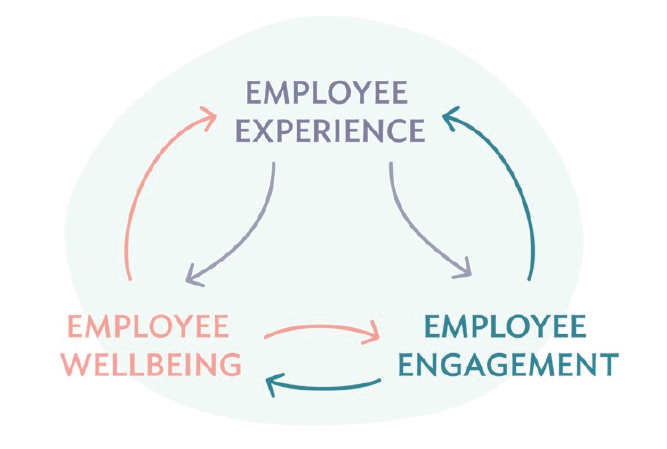
PeopleSpace utilizes the Knowing Understanding Doing Outstanding Service (KUDOS) program. KUDOS is a peer-to-peer and customer-to-organization recognition program that rewards and recognizes team members for providing a best-in-class internal and external experience.
By recognizing the team’s efforts and how they relate to the organization’s mission, vision, and values, team members feel appreciated, respected, and a part of the greater good of the whole company. When employees feel valued, they become more engaged, motivated, and likely to go the extra mile for their organization. Additionally, when other employees hear KUDOS and see recognition of their team members, they are inspired and incentivized to do great work. This idea of honest appreciation is at the core of employee well-being.
Fair Accommodation
It is a perception problem as much as it is a practical one. Each of us is going through some challenges every day. Sometimes these challenges are too significant, and we can’t handle everything simultaneously.
It’s the employer’s time to shine. This is when great people in Operations or HR step up. Employees who get temporary accommodations and exceptions are grateful and remember the kindness and grace they have been shown with great affection and appreciation.
Employees may need a few days off or some time to work from home in the most comfortable environment. A change in their work hours for that week or a custom-made compensations and benefits package could be of immeasurable value for them. Whatever the case may be, employees are asking for a favor and employers should take this opportunity to build trust and lasting relationships.

Preventing regular overtime and ensuring individual support is available.
Both ideas go hand in hand. We must remember that employees are humans with a personal life outside of work. So, set realistic deadlines. Have a set number of maximum office hours in place, making it clear to the employee that their mental health matters.
Furthermore, employers must be ready for the inevitable. Employees will have mental health needs. And they may look to their employers for guidance. Be prepared with the resources and support, and ensure employees know that, whenever they need it, help is available.
In summary, employee well-being is an attitude and a business lifestyle. It’s an awareness of who the individual is as a whole, not just as an employee. It understands what employees may be going through and strives to help them. It builds relationships with your employees so they may grow, personally and professionally, as your company grows alongside them.
We look forward to you connecting with us – so that we can help your team thrive!
FOR MORE INFORMATION, PLEASE CONTACT
Michelle Sample
marketing@peoplespace.com
